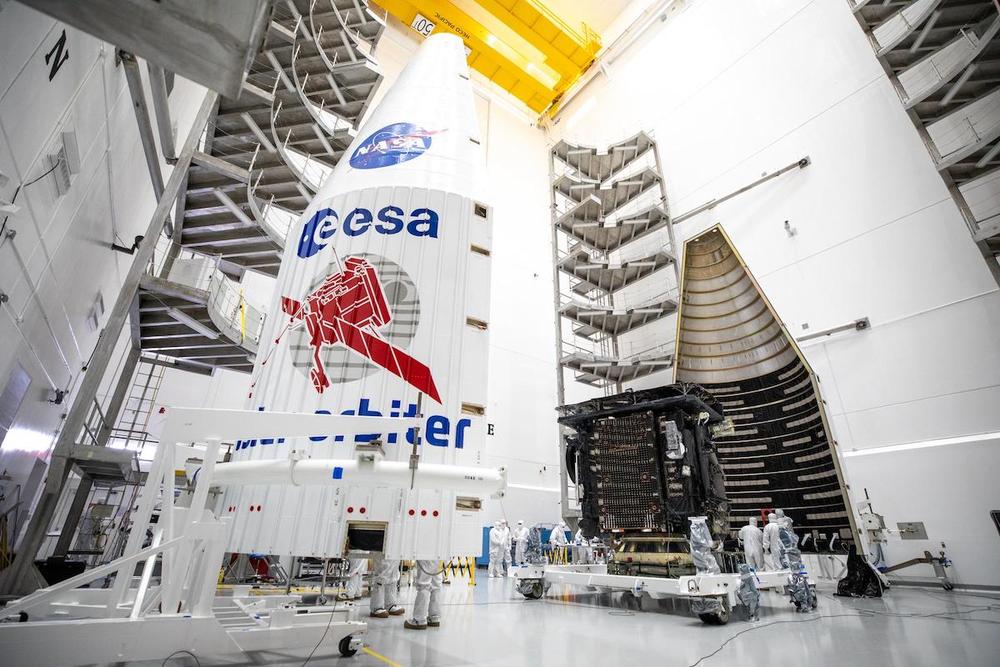Essentially you could at this point make a working protoss carrier o.o
Carriers are a late-game Protoss air unit that are the largest and most costly unit available for Protoss. Carriers are produced from the Stargate and requires a pre-existing Fleet Beacon. Carriers have the highest armor, health, and shields of the Protoss race. Their main advantages are their long range and mobility in combat; this potentially incredibly long range is especially notable as unique among Protoss units. On the other hand, their raw attack power is rather low for their price. Perhaps their greatest use is in extreme late-game where their supply efficiency for their staying power is usable, much like Battlecruisers; however, they are hard-countered by the latter since they make volleys of low-damage attacks and due to the Yamato Gun.
Carriers themselves do not, in fact, possess any attack, but like Reavers build and transport unique units –Interceptors in this case- to much the same effect. A Carrier does not come equipped with any Interceptors when first warped in, so it must construct them individually, adding quite a deal of cost and build time to the finished unit. Unlike the Reaver’s Scarabs, however, the units it builds do not immediately sacrifice themselves to attack but attack as would another unit stacking up on a target that it “fires” at until recalled at which point they may still be used again. While targetable, expensive and fairly weak individually Interceptors move quickly around targets, potentially out of range, and can recharge shields instantly upon being recalled meaning they can overwhelm targeted forces (although potentially very, very slowly). Interceptors are all destroyed if the Carrier itself is destroyed.










